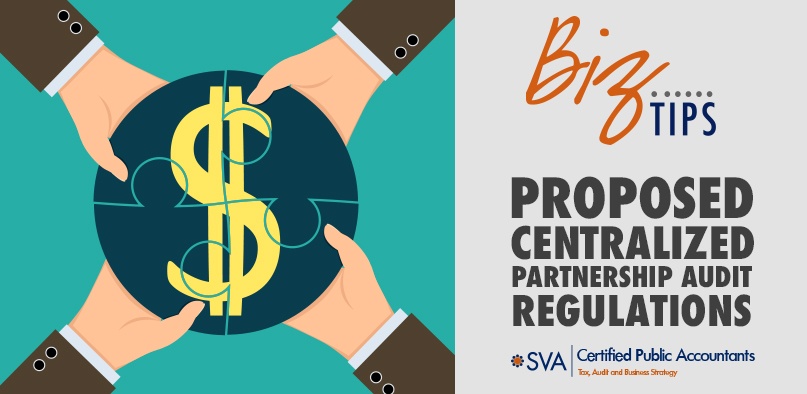Under the current Internal Revenue Service (IRS) partnership audit system, any adjustments made by an audit at the partnership level flow through to the partners. The partners are then responsible for their share of any additional taxes and penalties due.
Changes under the Bipartisan Budget Act of 2015 created a centralized partnership audit system. This system makes the partnership responsible for any changes that arise due to an IRS audit of the tax return. Any additional taxes and penalties related to these adjustments will be paid by the partnership as opposed to the partners each paying their share. These additional taxes and fees are nondeductible for the partnership.
Partnerships may elect to use the new audit system for tax years beginning after November 2, 2015 and before January 1, 2018. However, the new audit system will become mandatory for all partnership tax years beginning after December 31, 2017.
Eligible partnerships may make an annual election out of the new rules if they meet the following criteria:
- The partnership has 100 or fewer partners during the year.
- All partners must be eligible partners throughout the year. Eligible partners include individuals, C corporations, S corporations, eligible foreign entities, and estates of deceased partners.
The rules also provide methods for partnership level adjustments to be taxed at the partner level.
The rules require that partnerships name a partnership representative. The partnership representative takes the place of the tax matters partner. The representative must be a partner or other person with substantial presence in the United States.
The IRS may select the partnership representative on behalf of the partnership if the partnership fails to select one. The partnership and all of its partners are bound by the decisions of the partnership representative.
These rules could have a significant financial impact on entities taxed as partnerships. We urge you to plan for the effect these rules could have on your entities. If you have any questions regarding the new rules, please contact your SVA Tax Professional.


